Vayechi: For Rachel’s Sake
The entire Jewish people came into being through Rachel's doing. Therefore, G-d assures their return and continued existence for the sake of Rachel…

Parshat Vayechi
BURIED BY THE WAYSIDE
At his deathbed, it was difficult for Ya’acov to request from Yosef to bring his remains into the Land of Israel. Ramban explains that Ya’acov needed to justify his request to be buried in the cave of the Machpelah to Yosef, since he didn’t bury Rachel, Yosef's mother there: “As for me, when I came from Padan, Rachel died by me in the Land of Cana’an in the way, when yet there was but a kibrath of land to come unto Efrath: And I buried her there in the way of Efrath; which is Bethlechem” (Bereishit 48:7). The reason why Ya’acov didn’t bury Rachel in the cave of Machpelah was in order that he should not be buried together with two sisters, since Torah law forbids marrying two sisters. Since Leah was his firstwife, she was buried with Ya’acov, despite the fact that Rachel was his first love.
Why did Ya’acov let his favorite wife lie by the wayside, instead of carrying her at least into the city of Bethlechem, which was nearby? According to Rashi, there is a deeper reason why Rachel had to be buried by the wayside. Ya’acov buried her there by the command of G-d, so that Rachel would help her children in future times when Nebuzaradan would drive them into captivity. When the Jews were to pass along the road, Rachel would come forth from her grave and stand by her tomb weeping and beseeching mercy for them. This is written in Yirmeyahu, “Thus says Hashem, a voice was heard in Rama, lamentation and bitter weeping, Rachel weeping for her children, she refused to be comforted for her children, because they are not. Thus says Hashem: keep your voice from weeping and your eyes from tears: for your deed shall be rewarded says Hashem; and they shall come back again from the land of the enemy. And there is hope for your future, says Hashem, and your children shall come back again to their own border” (Yirmeyahu 31:14-16).
FOR THE SAKE OF RACHEL
Why is Rachel specifically called the mother of Israel? Rabbi Shimon ben Yochai said that since everything is dependent on Rachel, the Children of Israel are considered hers, as it states “Rachel weeps for her children” (Bereishit Raba 71:2). Rachel is foremost in building the house of Israel. In her selflessness, she enabled Leah to become a mother as well. The entire Jewish people came into being through Rachel's doing. Therefore, G-d assures their return and continued existence for the sake of Rachel.
When our ancestors went to appease G-d for Menashe's sin of having brought an idol into the sanctuary, none of their pleads had any effect until Rachel entered and said before G-d, “Master of the Universe whose mercy is greater, Yours or the mercy of people of flesh and blood? Isn't your mercy greater? However, didn't I bring a rival into my house? All the years that Ya’acov worked for my father, he only worked for me. When I came to enter the chupa, (marriage canopy) they brought my sister in my place. Not only did I keep silent, I even handed her over my secret signs. Likewise You, if your children brought Your rival into your house, keep silent to them.” G-d answered her, “You have defended your children beautifully, there is reward for your deed and righteousness that you handed over your secret signs to your sister.” (Rashi, Yermiyahu 31:14).
THE POWER OF PRAYER DEPENDS ON DEEDS
It is difficult for us to appreciate the greatness of Rachel's deed. Perhaps we might consider her to be so righteous that she is completely above the natural trait of jealousy, which would prevent most of us from being willing to share our husbands withanyone, even our sister. However, the Torah comes to witness that this is not the case. When Rachel remained childless while her sister Leah bore one son after the other, she was overcome with jealousy. “When Rachel saw that she bore Ya’acov no children, Rachel was jealous of her sister” (Bereishit 30:1).
According to Kli Yakar, during the long years of Rachel's childlessness, she searched her soul for some kind of sin that might cause G-d to hold back the fruits of her womb. She didn't find any sin except the trace of jealousy. She therefore concluded that it was this sin that prevented her and Ya’acov's tefilah (prayer) from being accepted. She then decided to repent and overcome her jealousy to the extent that she would be willing to bring her maidservant into her husband's bosom. Therefore, she said “in the merit that I brought my rival (Bilha) into my house; I will also be built through her” (Kli Yakar, Bereishit 30:2).
Rachel teaches us that the power of our prayer is dependent on the merit of our deeds. It is not only our intention at the moment of prayer that enables our supplication to pierce through the heavens and enter the Seat of Glory. Rachel’s bitter weeping was heard in the Heaven above because of her former acts of righteousness. Ya’acov was the dream of Rachel's life, and she knew that she was destined for him. Nevertheless, she handed over her secret signs to Leah and thereby willingly renounced the fulfillment of her dream, including the eternal rest with her beloved. Her self-effacement and sacrifice stands as an eternal merit for the Jewish people throughout the ages.
(Rebbetzin Chana Bracha Siegelbaum is Director of Midreshet B’erot Bat Ayin in Gush Etzion. This article is an excerpt from her book Women at the Crossroads: A Woman’s Perspective on the Weekly Torah Portion, reviewed by The Jerusalem Post, The Jewish Press, Voices Magazine, Good Reads, and WordPress/JewishPress and more. To order this book, click here)







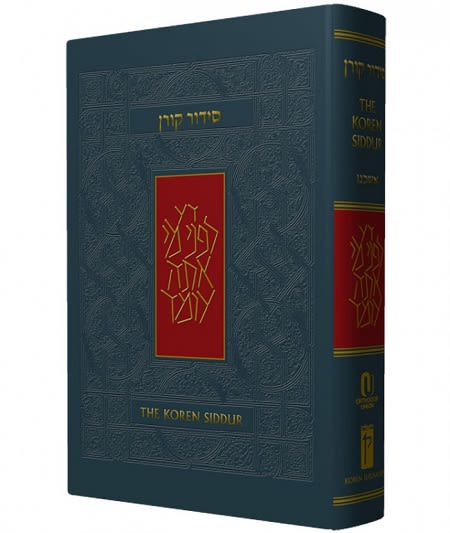
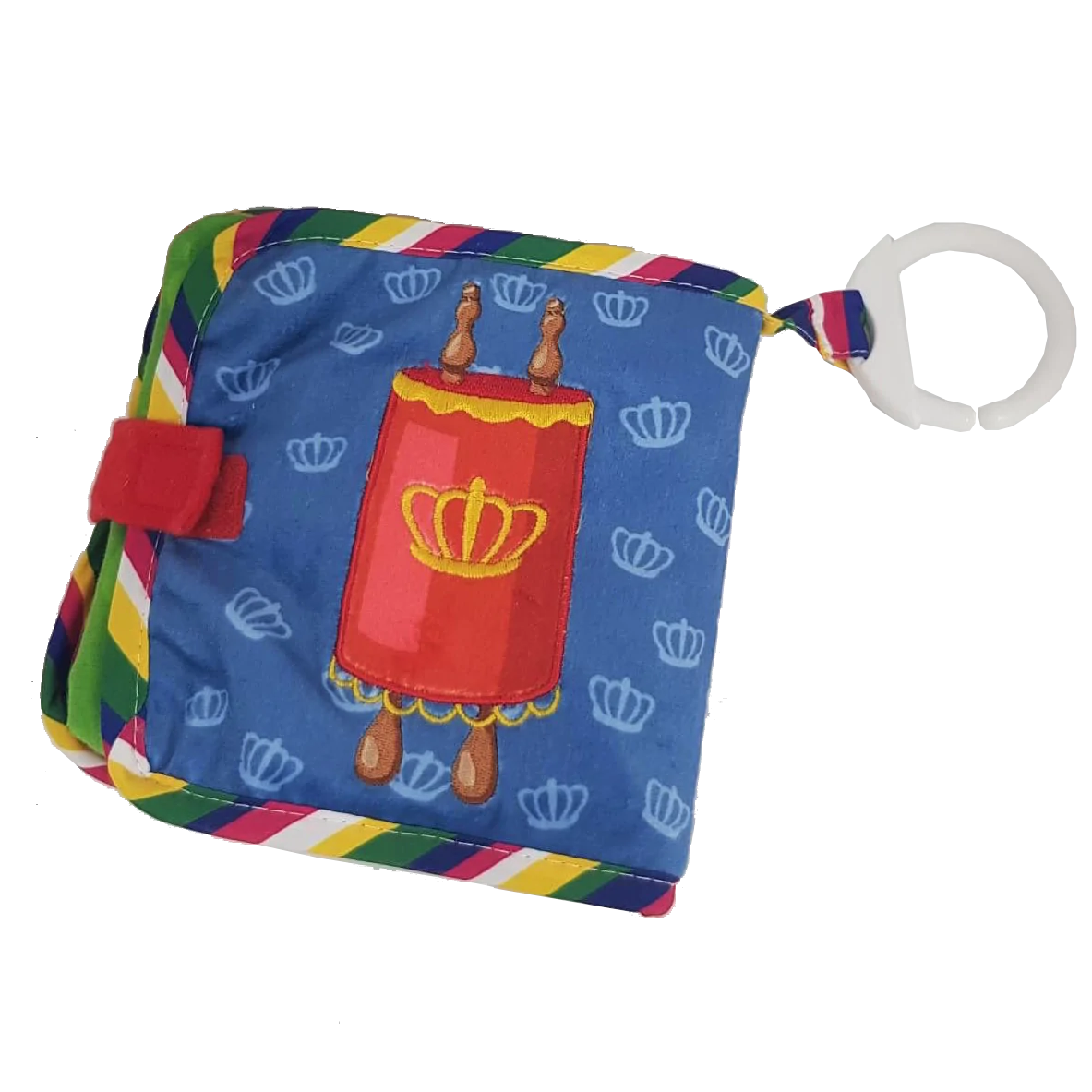
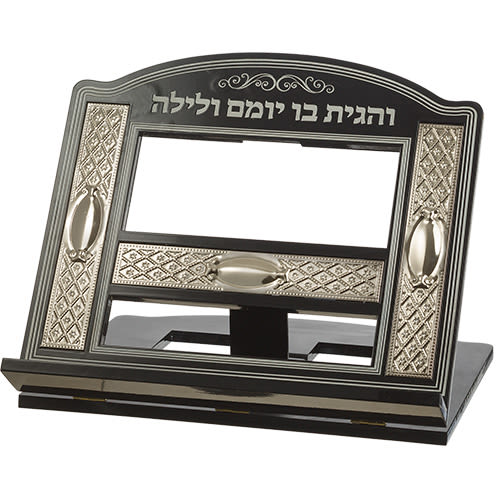
Tell us what you think!
Thank you for your comment!
It will be published after approval by the Editor.